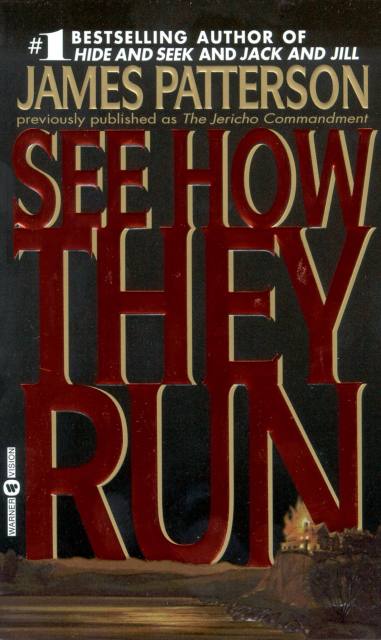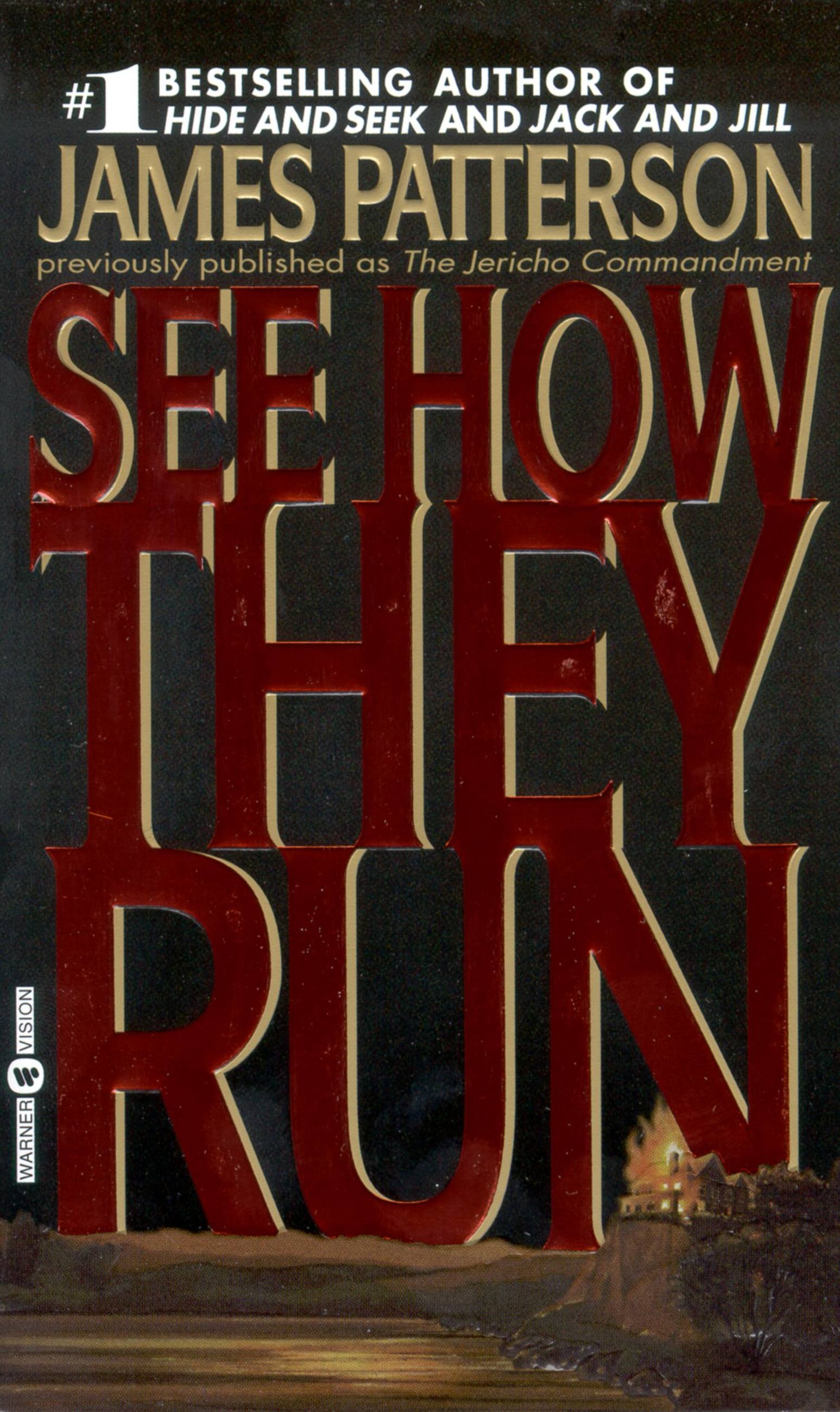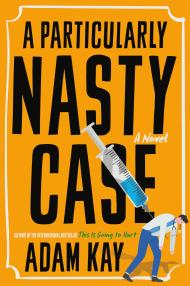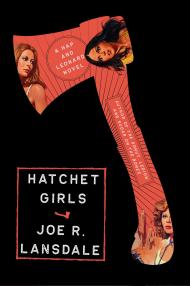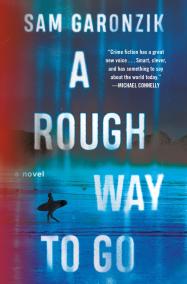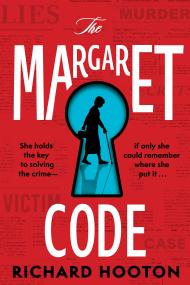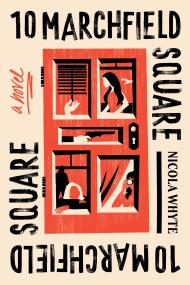By clicking “Accept,” you agree to the use of cookies and similar technologies on your device as set forth in our Cookie Policy and our Privacy Policy. Please note that certain cookies are essential for this website to function properly and do not require user consent to be deployed.
See How They Run
Contributors
Formats and Prices
- On Sale
- May 1, 1997
- Page Count
- 336 pages
- Publisher
- Little, Brown and Company
- ISBN-13
- 9780446409315
Price
$9.99Price
$12.99 CADFormat
Format:
ebook $9.99 $12.99 CADThis item is a preorder. Your payment method will be charged immediately, and the product is expected to ship on or around May 1, 1997. This date is subject to change due to shipping delays beyond our control.
Buy from Other Retailers:
His family has been murdered, his past lover is running for her life, and now, Dr. David Strauss must travel across Europe to track down the killers in this thriller from the world's #1 bestselling author.
Outside New York City, the palatial home of Dr. David Strauss's parents is attacked by gunmen during a glittering party. As he watches helplessly, his wife is murdered.
In Los Angeles, Strauss's brother is killed during the Academy Award ceremonies.
In Manhattan, his past sweetheart, Alix Rothchild, is running for her life.
Dr. David Strauss is soon obsessed with finding the explosive secret behind the murders of his family members. His dangerous odyssey takes him across Europe, and finally to the Olympics, straight to one of the most shattering surprises in suspense fiction.
Brilliant and chilling, See How They Run is another stunning story from James Patterson.
Outside New York City, the palatial home of Dr. David Strauss's parents is attacked by gunmen during a glittering party. As he watches helplessly, his wife is murdered.
In Los Angeles, Strauss's brother is killed during the Academy Award ceremonies.
In Manhattan, his past sweetheart, Alix Rothchild, is running for her life.
Dr. David Strauss is soon obsessed with finding the explosive secret behind the murders of his family members. His dangerous odyssey takes him across Europe, and finally to the Olympics, straight to one of the most shattering surprises in suspense fiction.
Brilliant and chilling, See How They Run is another stunning story from James Patterson.
Newsletter Signup
By clicking ‘Sign Up,’ I acknowledge that I have read and agree to Hachette Book Group’s Privacy Policy and Terms of Use
